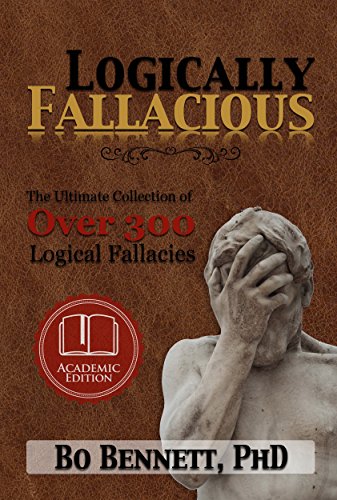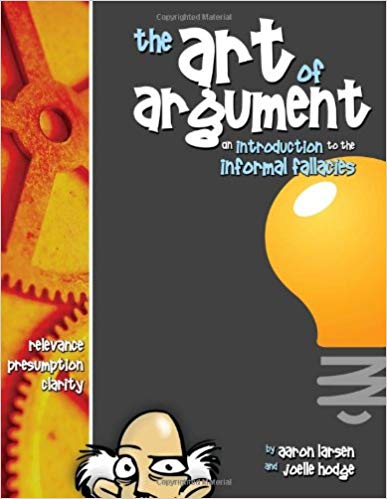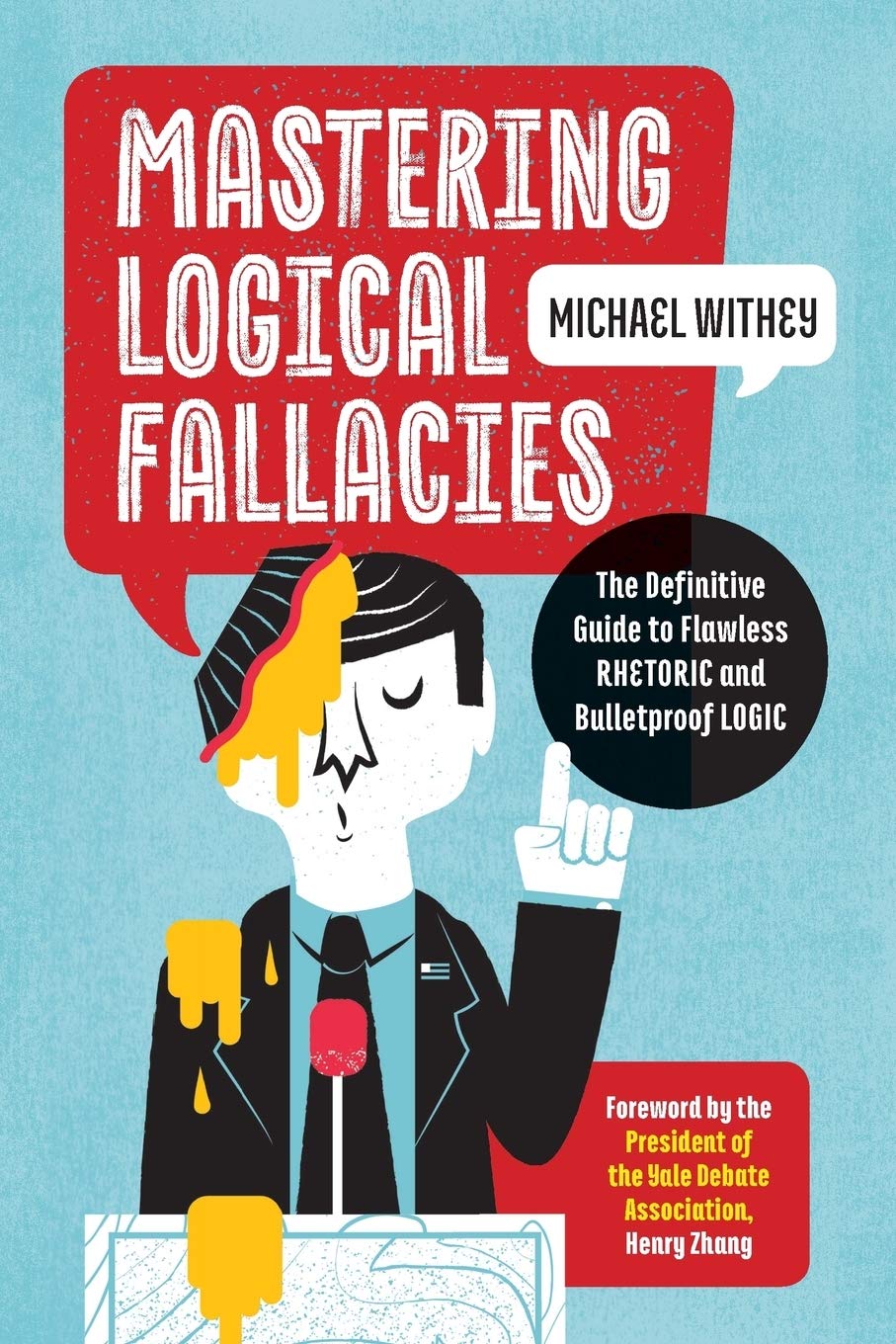
Retrospective Determinism
The fallacy of retrospective determinism argues that because something happened, it was inevitable.
Example of Retrospective Determinism
- When Hitler decided to invade Russia, it was game over for the Nazis. This was because there was no way German troupes could survive the Russian winter, or cope with the vastness of the country.
- It should have been obvious that Alexander the Great could not conquer all of Asia. It is impossible to make that journey and not fall ill.

Books About Logical Fallacies
A few books to help you get a real handle on logical fallacies.





Retrospective DeterminismExtended Explanation
The Retrospective Determinism fallacy is a logical fallacy which occurs when someone assumes that an event or decision must have been caused by some predetermined factor, despite the lack of evidence to support this assumption. This fallacy is based on the presumption that because an event has already happened, it must have been caused by some predetermined factor that existed before the event occurred. This fallacy is often used to explain away the responsibility or blame for an event, as well as to explain away the potential for any sort of free will or choice in a situation.
The Retrospective Determinism fallacy is closely related to the concept of predeterminism, which is the belief that all events are predetermined by a higher power or predetermined forces. While predeterminism can be accepted as a belief, it is not necessarily logical as it does not account for any potential for free will or choice. The Retrospective Determinism fallacy can be used to support predeterminism, as it is an attempt to retroactively explain away an event or decision as having been predetermined. This fallacy is based on the assumption that because something has already happened, it must have been predetermined, regardless of whether or not there was any evidence to support this assumption.
The Retrospective Determinism fallacy can be seen in a variety of contexts. For example, it can be used to explain away bad decisions or mistakes as having been predetermined, rather than taking responsibility for the bad decision or mistake. It can also be used to explain away the success of a person or event as having been predetermined, rather than recognizing the potential for free will and choice. This fallacy can also be used to explain away any potential for change or improvement in a situation, as it assumes that any changes or improvements are predetermined and cannot be changed.
The Retrospective Determinism fallacy can be a dangerous and damaging logical fallacy, as it can be used to deny responsibility for actions or decisions, and is often used to explain away potential for free will and choice. It can also be used to deny potential for change or improvement in a situation, which can be damaging to progress and growth. It is important to recognize this fallacy and be aware of the potential for it to be used to deny responsibility or potential for change.